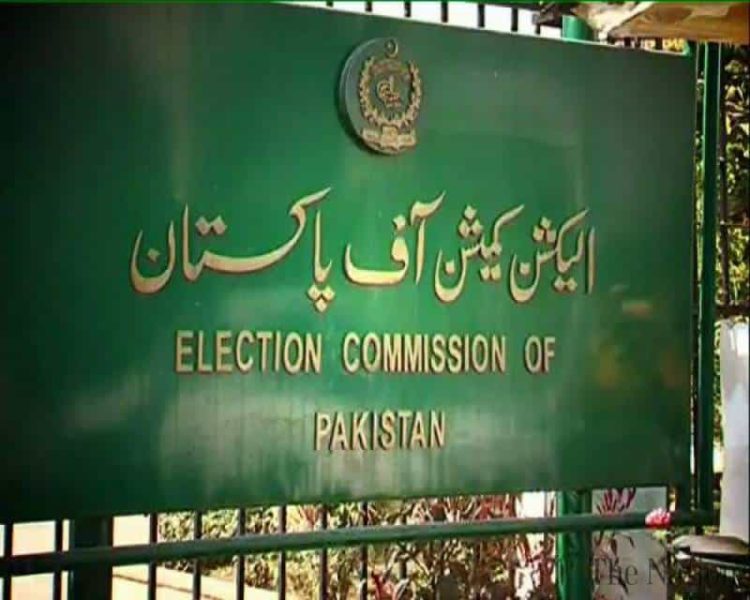Parliamentary Committee on Electoral Reforms signed its report at a meeting in Islamabad today. It has adopted Elections Bill 2017 aimed at making the electoral process free, fair and transparent.
Eight existing laws relating to elections have been merged in the Elections Bill. These include
- Electoral Rolls Act 1974,
- Delimitation of Constituencies Act 1974,
- Senate Election Act 1975,
- Representation of the People Act 1976,
- Election Commission Order 2002,
- Conduct of General Elections Order 2002,
- Political Parties Order 2002,
- Allocation of Symbols Order 2002.
ECP Gets Empowered
Major reforms envisaged in the bill include strengthening of the Election Commission, which would be fully independent and autonomous. It has been delegated powers of the High Court for specific directions; administrative powers to control transfer of election officials and disciplinary action against them; full financial powers and powers to make rules without prior approval of the President.
The Commission would prepare a comprehensive Action Plan six months before the elections specifying all legal and administrative measures for the conduct of elections. It would establish a transparent Result Management System for expeditious counting, compilation and dissemination of the election results. The bill envisages delimitation of constituencies after every census.
Every citizen obtaining a computerized national identity card from NADRA would automatically be enrolled as voter at the permanent or temporary address. Registration of a voter at an address other than permanent or temporary address would remain valid till he applies for transfer of vote or modification of identity card.
Hard and soft copies of electoral rolls, with photographs of voters, would be provided to all candidates on payment.
Election Commission would take special measures for registration of women, non-Muslims, persons with disabilities and transgender citizens as voters. The new law envisages simplification of nomination form which would be same for all seats. Nomination fee for National Assembly would be thirty thousand and for Provincial Assemblies and the Senate twenty thousand rupees.
The Commission would itself determine constituency-wise requirements of ballot papers. It will be based on formula that number of ballot papers per polling stations would be equal to the number of voters at the polling station. Persons with any physical disability will be able to cast their votes through postal ballot.
In order to make the counting and tabulation process transparent, Presiding Officer, senior-most Assistant Presiding Officer and representatives of the candidates would sign the result of the count and ballot paper account. Presiding officer will provide a copy of the result of the count and ballot paper account to the candidates, their representatives and send copies to Returning Officer and ECP.
The proposed reforms authorize ECP to conduct pilot projects for utilization of electronic voting machines, biometric identification system in bye-elections and undertake pilot projects for voting by Overseas Pakistanis.
Registration of a new political party would require minimum of two thousand members and an enlistment fee of two hundred thousand rupees.
A Caretaker Government would not take major policy decisions except on urgent matters.
Special measures have also envisaged to encourage participation of women in the electoral process.
Meanwhile, speaking to mediapersons after signing ceremony, Federal Ministers Ishaq Dar and Zahid Hamid said next elections would be held under the new bill. They said there is sufficient time for adoption of the bill by the Parliament.


























I hope over seas Pakistanis will be able to vote in the 2018 elections through electronic voting.